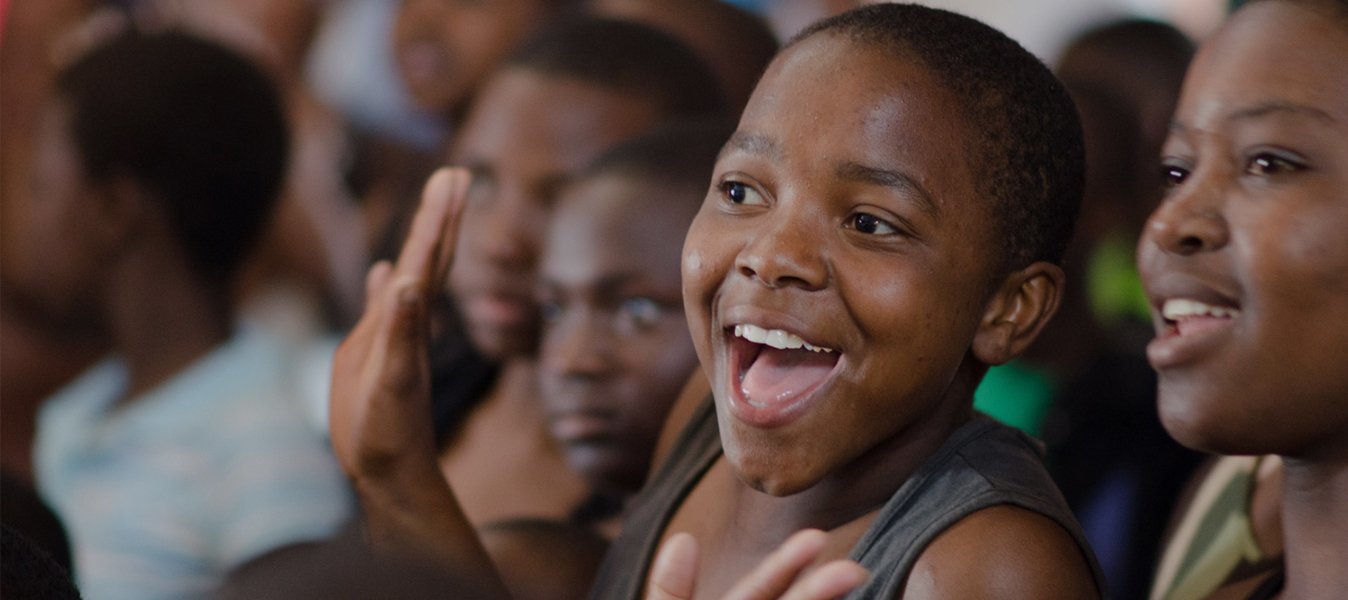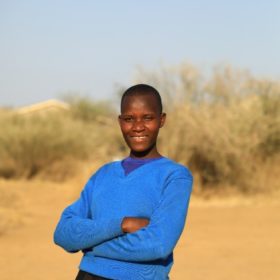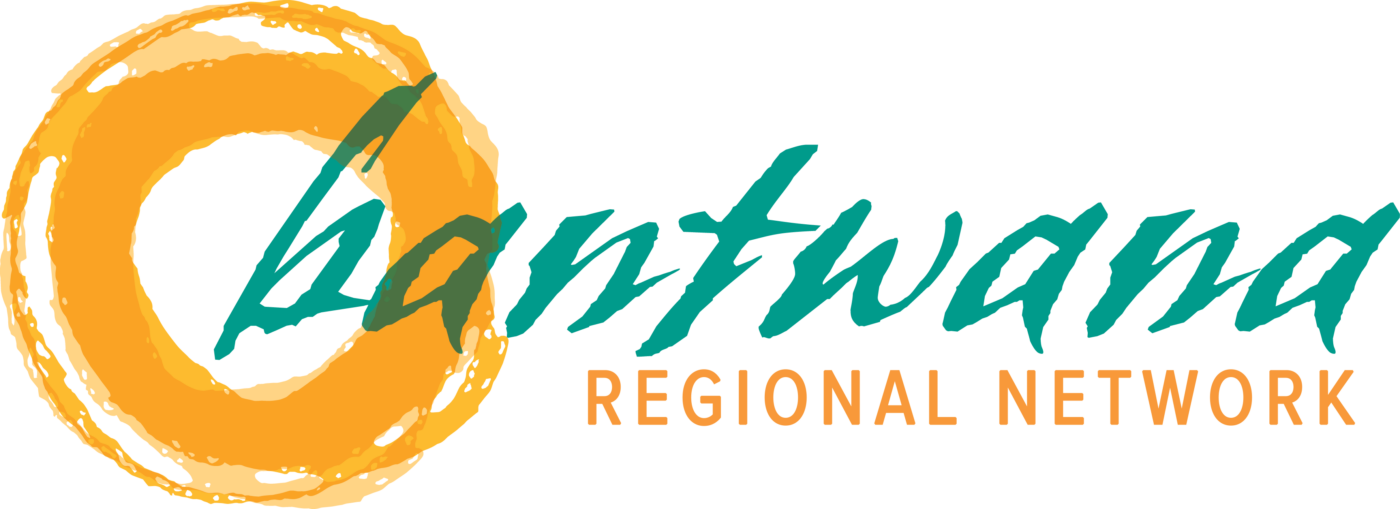
Gimbi’s Story – Combating Forced Marriage
Gimbi is a Protect Our Youth Club member from Baray Secondary School in Karatu District Council. When in Form II, she noticed that her father started processing her school transfer to Singida Region in Central Tanzania.
She did not understand the rationale behind the transfer, as there was no apparent reason for her to leave her current school. When she asked her mother about the change, she was told that her father was using the transfer as a ploy to mislead the school. His real intention was to marry her off to an unknown person in Singida, where he had already negotiated a bride price of 40 heads of cattle.
Using skills gained from POY Club sessions to speak up for herself, for her education and her rights — Gimbi bravely reported the matter to the Head of School, who stopped the transfer immediately. Her father complained to the District Commissioner that the Head of School was refusing to process the transfer for his daughter. When the full story was explained to the DC, she concurred with the Head of School and directed him to follow up on the issue and to report immediately if the girl continued to be harassed.
Upon returning from school, Gimbi explained to her mother that she was not ready for marriage and that she wanted to continue her education. Her mother was convinced and supported her daughter’s wishes. Her mother stays in close communication with the Head of School at Baray to ensure that Gimbi is studying and that her father does not interfere with her education. Gimbi’s mother hopes that she will complete her schooling and will have a bright future.
Waache Wasome is a six-year project funded by the US Agency for International Development. The initiative aims to reduce school dropout and improve education retention of adolescent girls in formal and alternative educational pathways. Multi-layered inputs are designed to empower girls and young women with social and protective assets to claim their right to safe and equitable education — while also including boys and men in activities that seek to transform gender norms, family dynamics, household economic resilience, and teacher skills and practices. A key intervention in our work with 108 secondary schools is supporting the functioning of student-led Protect Our Youth (POY) clubs that build agency, confidence, and communication skills among both boys and girls.
